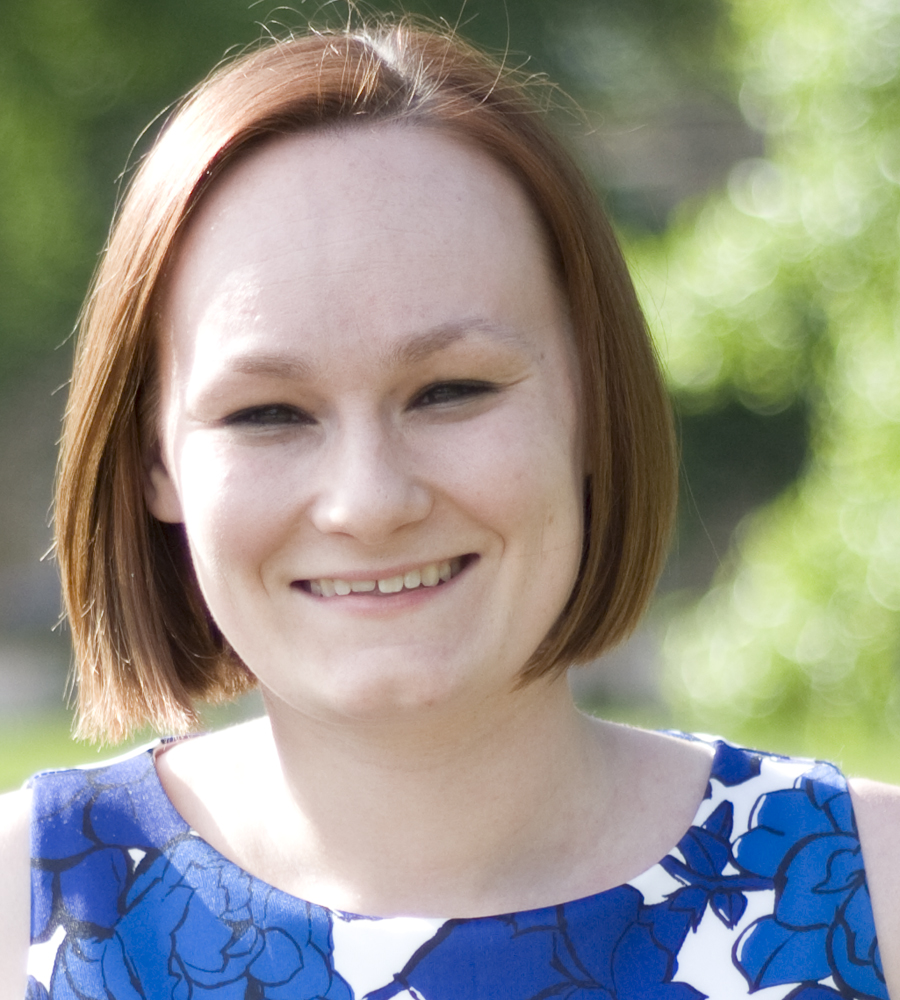Editor’s note: This is part of our monthly #ThrowbackThursday series, which features a prominent, successful PR pro taking a look back and sharing tips from his/her days as a new pro. Thanks for helping us out, Jo Ann!
This #ThrowbackThursday, we get to know Jo Ann LeSage Nelson, APR
Question 1: What was your biggest challenge as young professional, and how did you overcome it?
I had the good fortune to have had a first boss who had been in the business for a long time and who was willing to teach me by example. He didn’t offer feedback often, however, and I came to understand that if I didn’t hear from him then I had to assume he approved of what I was doing. As a young professional that was difficult for me for the first couple of years, but after having a conversation with him about his managerial style, it made more sense to me. I should have had the conversation sooner.
Question 2: How did you learn to network comfortably at large events like PRSA ICON?
I learned early on that showing an interest in what others are doing or thinking is a surefire way to get people to open up. Ask questions, be curious and listen actively.
If you’re nervous about meeting new people, go into a networking event with two or three topics that you can talk about. Did you read an interesting news story today? Is there a community organization you are involved with that you want to tell others about? Did you learn something new and interesting about a client that you can share? If you go into an event armed with some ideas it will help put you at ease.
As for large PRSA events… honestly, I think networking with other public relations professionals is easy! Most of us like to talk a lot.
Question 3: When looking for potential employees, what young professional traits are most valuable to you?
I want to work with young professionals who are curious, creative and smart. I firmly believe that a smart person can learn anything, even if at first the concept seems foreign or hard to grasp. Having an intellectual curiosity goes a long way towards being successful in nearly any field, and that includes being curious about the world around you and what is happening in it. Another trait that impresses me is a willingness to work hard, and long if necessary, to make sure something is done right. And having personal and professional integrity is a must! (But don’t ignore the basics like strong writing skills. You can’t be a successful public relations professional without them.)
Question 4: When did you get involved with PRSA, and what tips do you have on young professionals just joining for the first time?
In 1995 I joined a small group of professionals who were working to revitalize a dormant PRSA chapter here in New York’s Capital Region, and I’ve been involved ever since. If you’re new to PRSA, volunteer for a committee or help out with an event. Getting involved locally at the chapter board or committee level is the best way to get hooked on PRSA. You’ll grow professionally through all the terrific resources and programs PRSA has to offer, meet some outstanding colleagues and make some lifetime friends.
Question 5: If you could go back in time and give advice to yourself during your first year on the job, what would you say?
I’d tell that 24 year-old starting her first public relations job that she shouldn’t doubt herself, that her instincts were often right on target. As I said above, my boss didn’t offer a lot of feedback and so that sometimes led me to wonder if I was on the right track. With more experience I gained more confidence and realized that I could handle any situation presented to me, as long as I did the appropriate research, asked the right questions and enlisted the help of people who had a stake in the matter.
More about Jo Ann:
Jo Ann LeSage Nelson, APR, vice president of client services for Pierce Communications, an Albany-based public relations/public affairs/crisis management firm, is responsible for strategic public relations and communications counseling for Pierce Communications clients.
Jo Ann is a member of the National Board of Directors of the Public Relations Society of America, serving a two-year term beginning January 2015. She is also a past Northeast District Chair of the PRSA, serving as the national association’s liaison to seven chapters in New York, Massachusetts, Rhode Island and Maine. In 2010, she served as the co-chair of the Northeast District’s annual conference. Jo Ann is also a past president, Assembly delegate and accreditation chair of PRSA’s Capital Region chapter.
In November 2008, PRSA’s local chapter presented Jo Ann with the first Outstanding Public Relations Practitioner Award, given to a Capital Region public relations professional who has achieved exceptional success, displayed the highest ethics and is dedicated to serving the community and the profession.
Connect with Jo Ann on LinkedIn.

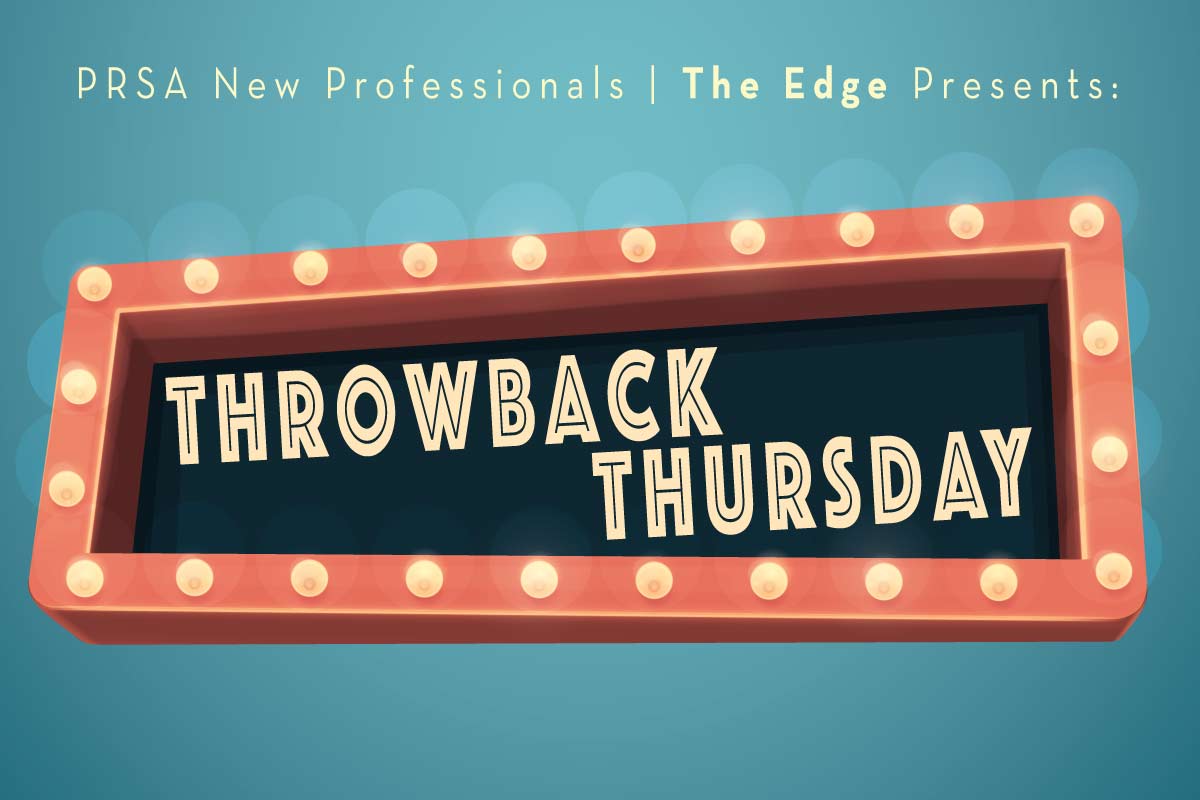
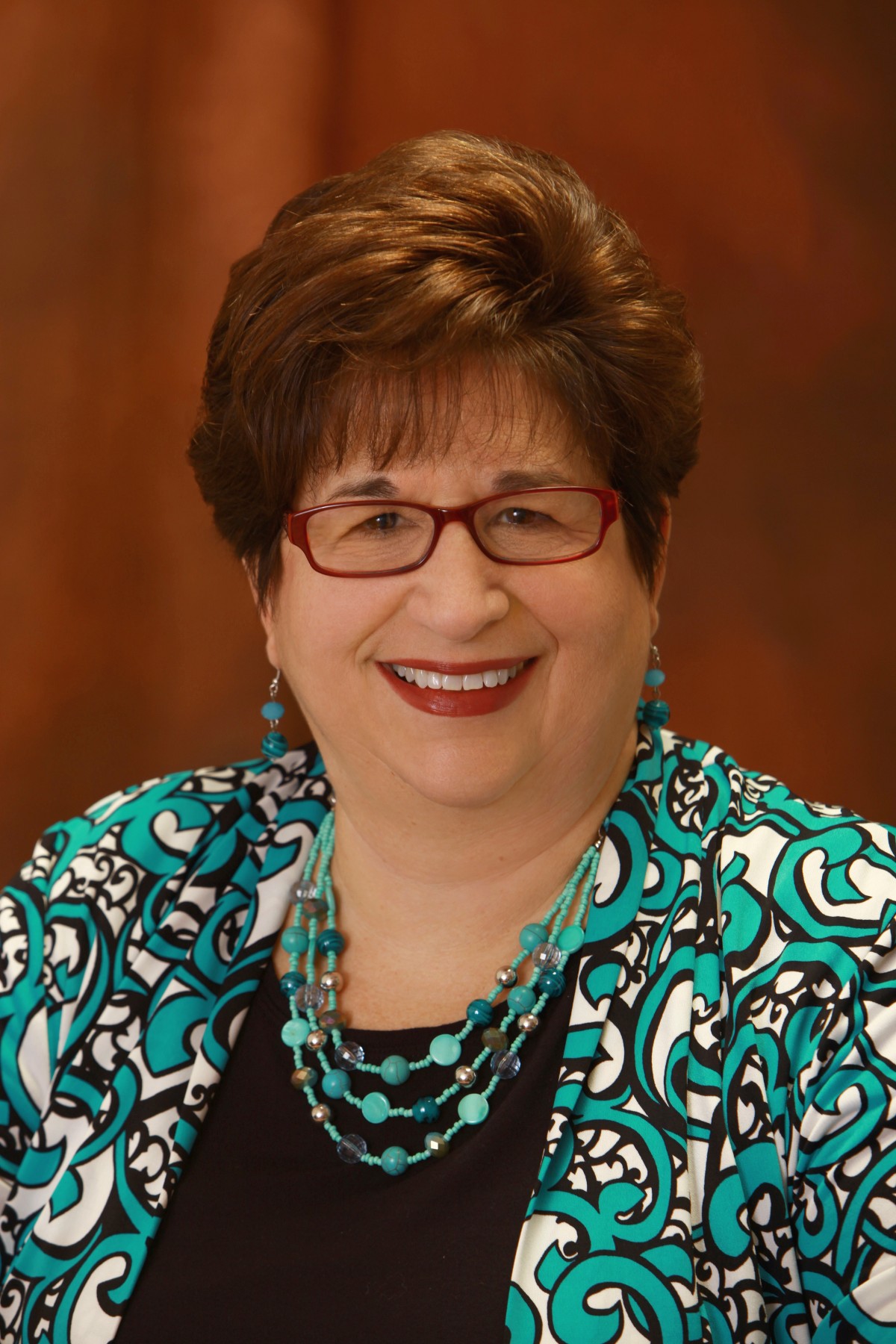

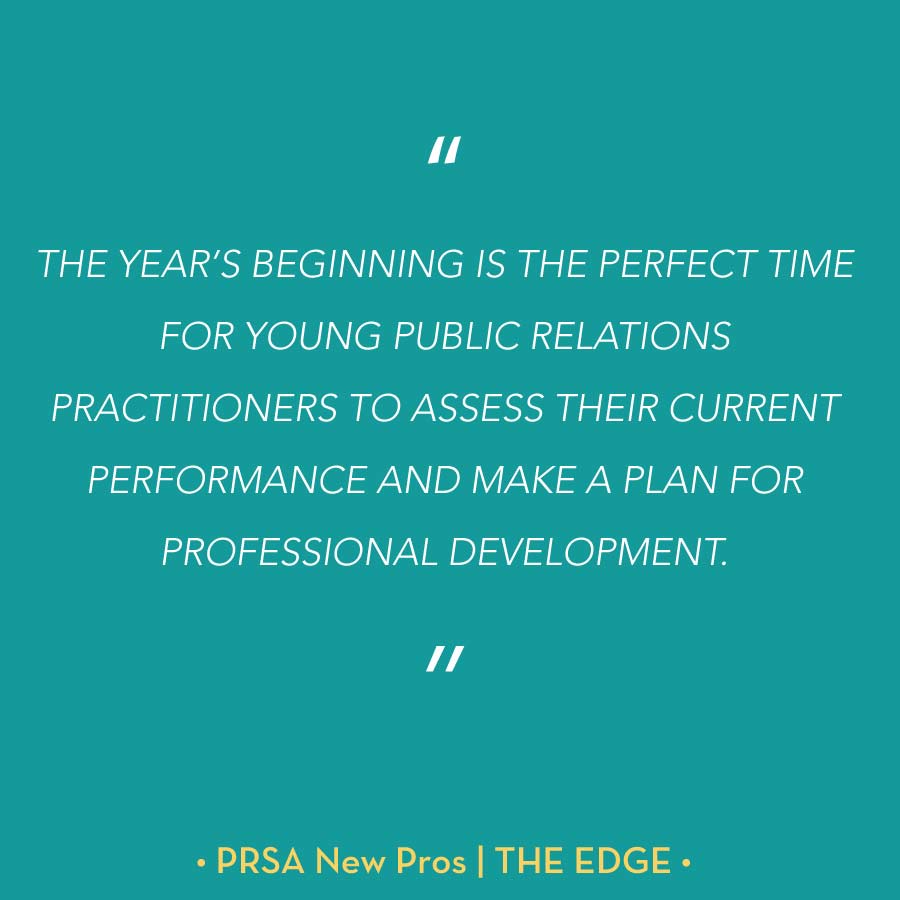

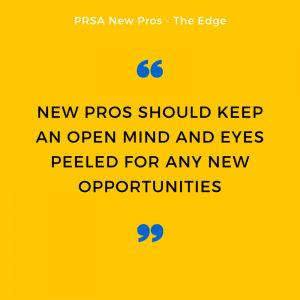 This is absolutely the wrong way to approach finding a fulfilling career. Instead of pursuing opportunities only when we think we desperately need them, new pros should keep an open mind and eyes peeled for any new opportunities, no matter how satisfying their current position may be.
This is absolutely the wrong way to approach finding a fulfilling career. Instead of pursuing opportunities only when we think we desperately need them, new pros should keep an open mind and eyes peeled for any new opportunities, no matter how satisfying their current position may be.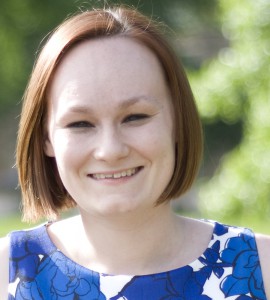 byn Rudish-Laning is a member of PRSA SC and communications coordinator for the South Carolina Council on Competitiveness. Robyn is also a member of the New Professionals executive committee. She is a graduate of Duquesne University and is currently located in Columbia, SC. Find her on
byn Rudish-Laning is a member of PRSA SC and communications coordinator for the South Carolina Council on Competitiveness. Robyn is also a member of the New Professionals executive committee. She is a graduate of Duquesne University and is currently located in Columbia, SC. Find her on 
